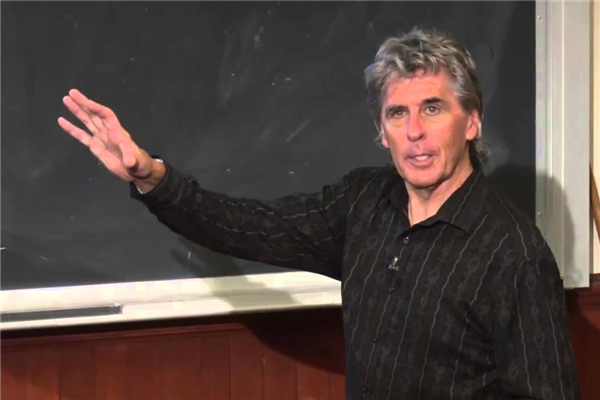Devlin makes readers realize that advances in science, engineering, technology, and management are heavily dependent upon advances in mathematics.
By Firdous Ahmad Mala
This write-up draws on the opinions of Doctor Keith Devlin expressed in the essay “The Death of Mathematics.” Devlin is a professor of mathematics at Stanford University and has authored several books, including The Language of Mathematics, The Man of Numbers, and The Unfinished Game, among many others. He is also known for his online visibility. His course, Introduction to Mathematical Thinking, offered by Coursera, is one of the most celebrated Massive Open Online Courses (MOOCs) on Mathematics. In all, he is someone who knows quite well what it means to teach mathematics both offline and online. Devlin, in his essay, points to a very enervating question. He drives our attention to a sensitive issue. This is the question of the death of mathematics and the subsequent impact on human life and its flourishing.
In his essay, Devlin makes readers realize that advances in science, engineering, technology, and management are heavily dependent upon advances in mathematics. Mathematics reshapes them repeatedly, and it is indispensable for human progress and human flourishing. No mathematics would have serious and ugly implications.

To understand what the death of mathematics means, consider the following. Whether technology should be embraced and welcomed without scrutinizing it and without weighing its pros and cons is a common concern. Given the number of gadgets at our disposal, a double-edged sword is staring us right in the face. Not embracing the technology of the times is like denying oneself the pleasures and benefits of human advancements on the one hand, and, on the other hand, there is an invariable danger of falling prey to it and playing in the hands of technology.
In the essay, Devlin points to the transition or shift in which people turned to use calculators and computers for carrying out mathematical calculations. While, on the one hand, the use of such mechanical aids did do away with some of the essential abilities to do mathematics sums in mind or using pen and paper yet, on the other hand, arithmetic skills gave way to algebraic thinking. So, it was not a complete disaster.
Devlin is, however, deeply concerned with the danger that lies in the excessive use of such devices. The advent of sophisticated machinery at hand for carrying out complicated and basic calculations in mathematics has made it next to impossible for us to witness the likes of mathematical gems such as Fermat, Gauss, Riemann, etc. Ramanujan again. The habit of carrying out tedious and lengthy calculations by hand dawned upon their deep understanding of the behavior of numbers, and it resulted in several beautiful and insightful conjectures in mathematics.
But the beauty of having machines do calculations, which otherwise would not have been easy or even humanly possible for the mathematical giants, is also not a petty thing. Machines can find out quickly what we may not be able to do even in years together.
This is a dilemma where one has to either do away with the traditional methods of learning and doing mathematics with pen and paper or else do away with the technology of the times. The latter seems not possible.
It is devastating and destroying for Devlin if the tradition of doing mathematics by hand goes for good. Devlin is somewhat unsure of what will happen to mathematics given such circumstances. And he seems, almost unquestionably, to believe that this way, mathematics will die an unfortunate death. To him, it is not going to be very long, just a couple of decades. And if that happens, all genuine progress is going to be halted. The death of mathematics will leave science, technology, engineering, and all other forms of human domains affected beyond repair.
We may choose to embrace the technology of our times and do away with pen and paper. But then, we need to gauge the possible danger of such adoption. Our educational institutions are becoming more and more paperless. Tabs, screens, online or digital learning management systems, and content streaming are becoming increasingly popular and commonplace. It may be a good thing, and it may be a bad thing. We need to weigh the pros and cons. We need to strike a balance.
Calculators have their roles to play, and humans have more prominent roles to play. Humans cannot afford to give away the power of being creative and innovative by falling prey to their inventions. In the words of John A. Wan de Walle, “Calculators can only calculate – they cannot do mathematics.” Although artificial intelligence has made it possible that machines may come up with mathematical conjectures and many other surprising things, it seems like a man will have to bear the burden of being creative. Humans cannot afford to bring the world to a standstill, and humans must do mathematics.
The author can be reached at [email protected]

Leave a Reply